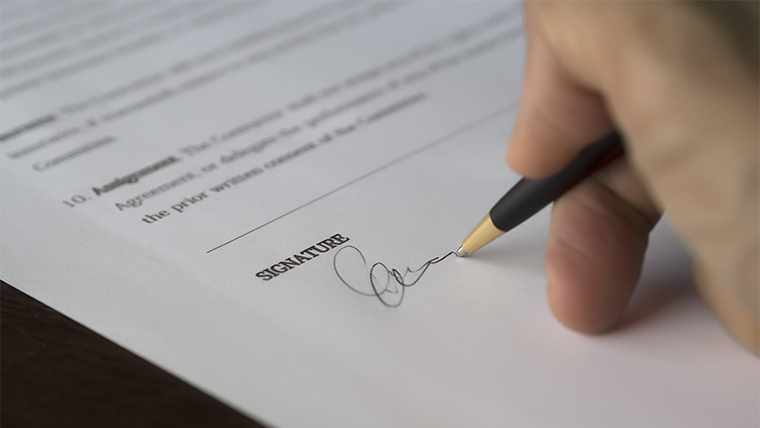
| 

Most employers will conduct pre-employment checks on people who are applying to work with their company. The process varies but will almost certainly include a right to work check, along with checks into everything from social media use to credit checking. There aren’t many rules and laws around pre-employment checks, but one generally accepted policy is to get consent from candidates and be clear about what you are checking.
Right to Work Checks
The one exception to getting consent is for Right to Work Checks. This is a government requirement, aimed at stopping illegal workers finding jobs in the UK. Employers who are caught with people working for them who are either not in the UK legally, or who have no right to work here, can be fined up to £20k per worker, or face time in prison. So, every employer in the UK should be asking candidates to bring something with them to interview which proves their nationality or right to work in the UK, such as passport or birth certificate. This isn’t an optional check, and the employer doesn’t have to seek permission for it as they are just complying with their legal requirements.
Pre-Employment Checks – Disclosure
Disclosure checks are also a legal requirement for some jobs, but not all. It’s fairly easy to find out whether the role you are considering will require a DBS check, and if so, at which level. It’s standard practice to state in job advertisements whether a role requires a DBS check, or not. If the role does require a DBS check, then you won’t be able to opt out of this, and your employer will usually ask you to fill the form in as soon as they make a job offer.
Other Pre-Employment Checks
Depending on the role and the company, there may be lots of other checks which an employer chooses to carry out. These might include using an external organisation to fact check a CV, running a credit check, or looking through a candidate’s social media feed. The range of checks an employer will run often depends on the seniority of the position. An entry level position might just involve checking references and a Right to Work Check, whereas a higher-level managerial job will require more in-depth checking. Employers are free to carry out whatever checks they feel are appropriate but it’s good practice, and common courtesy, to get consent from applicants first.
Many employers choose to work with an external company to run pre-employment checks, and these organisations generally have a standard form explaining what checks will be carried out, how out to candidates along with the job offer, with a covering letter making it clear how the results of the checks will affect any job offer. If you are conducting the pre-employment checking in-house, there are template letters which can be downloaded and customised. Just make sure you run any letter past the legal team before sending out.


